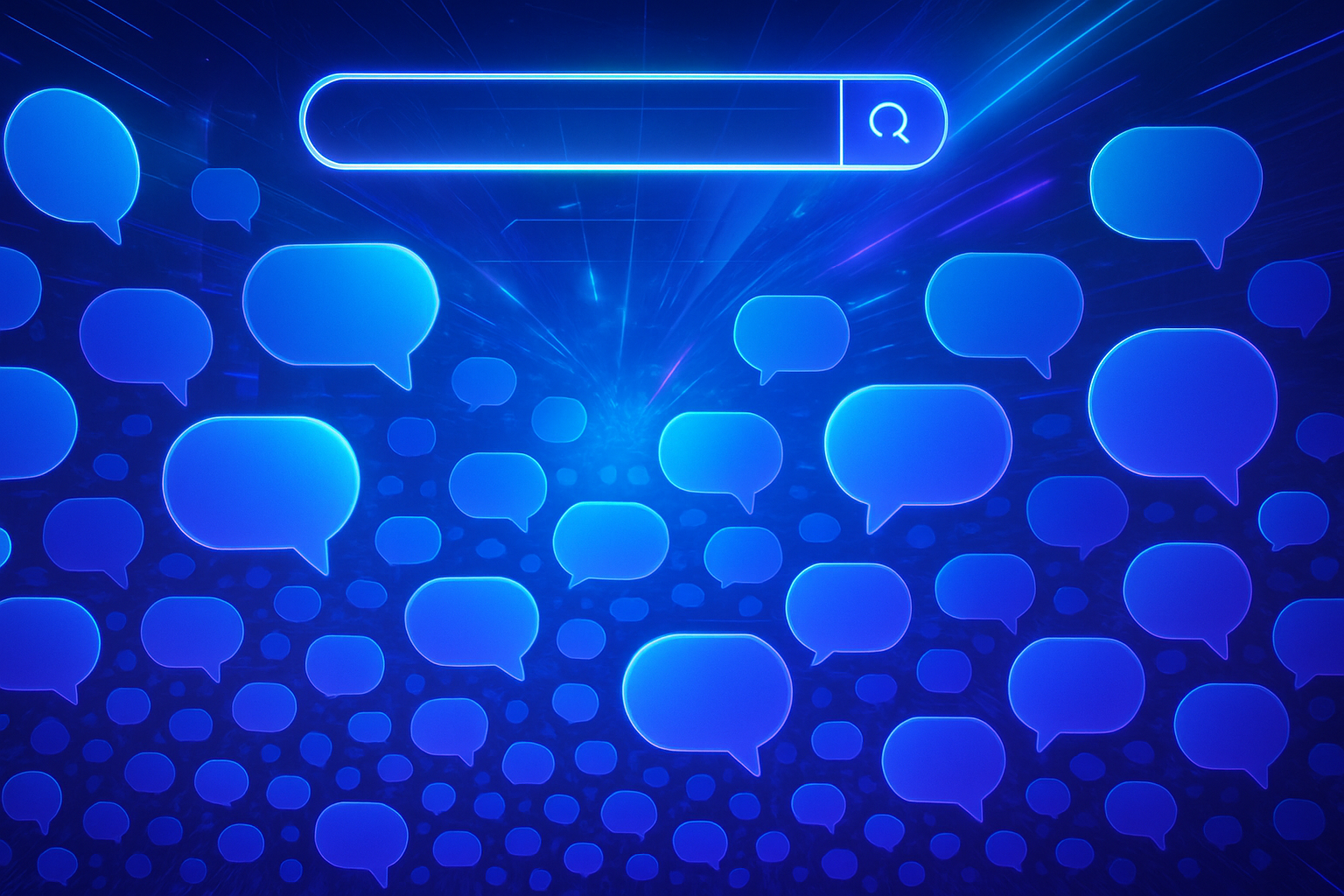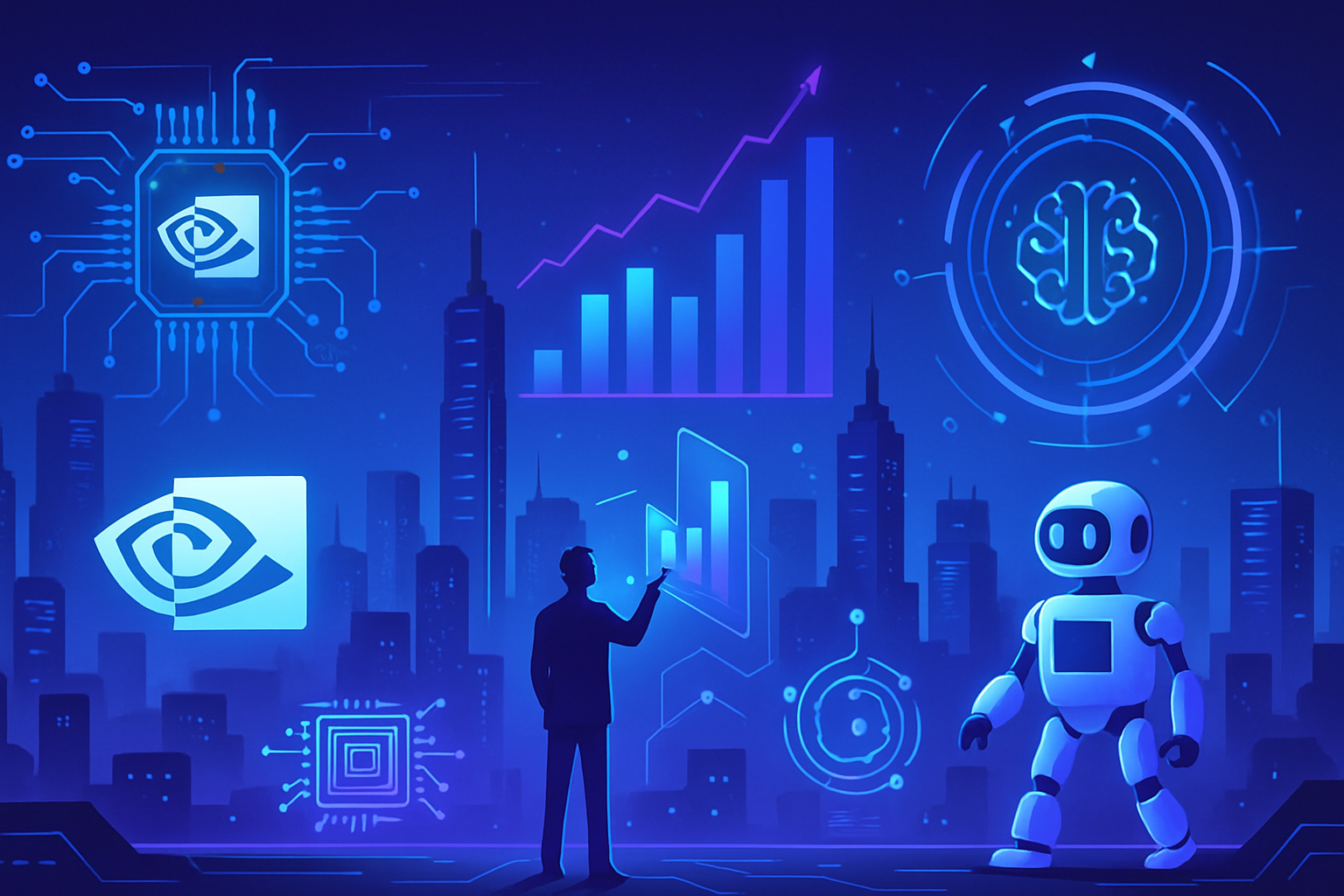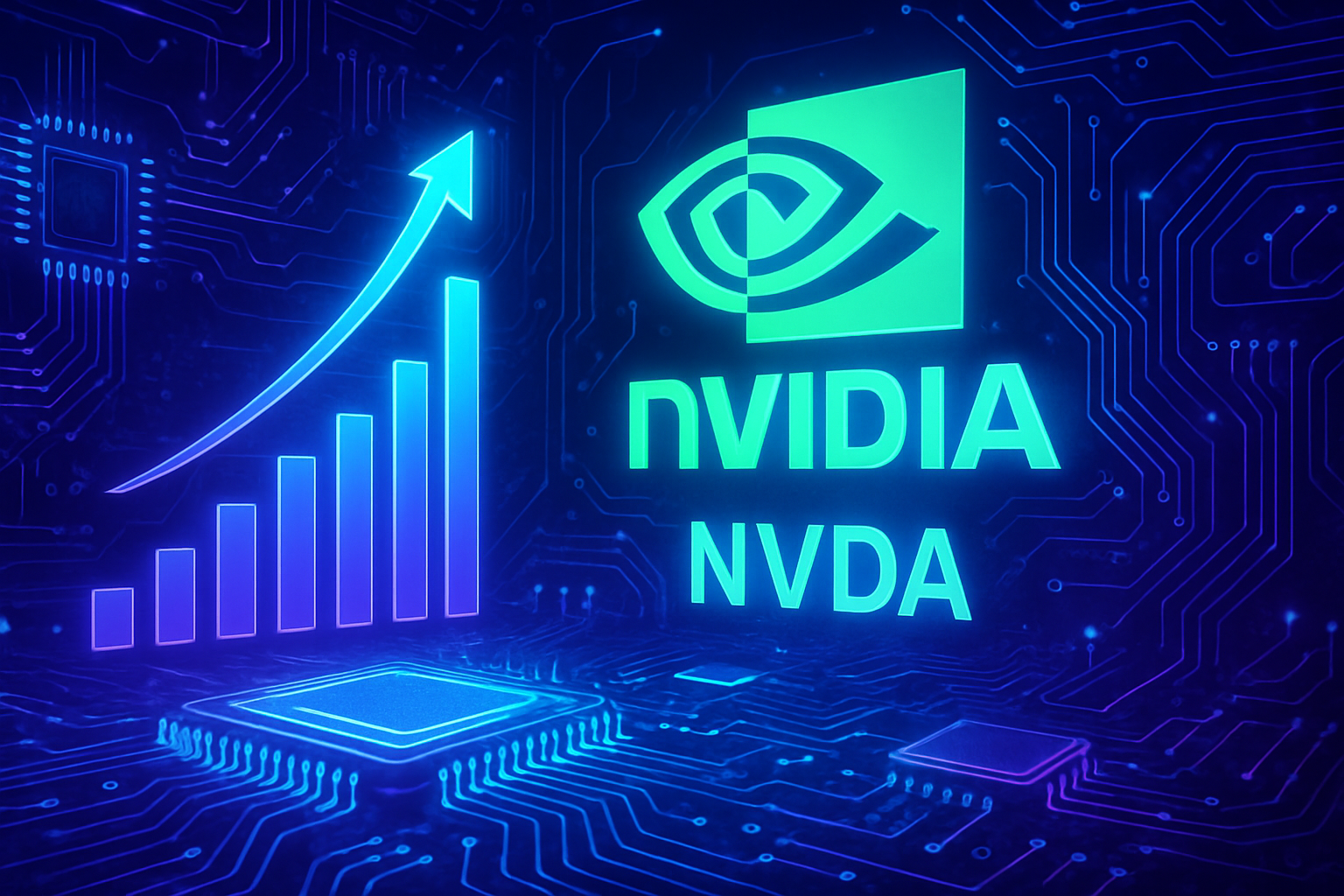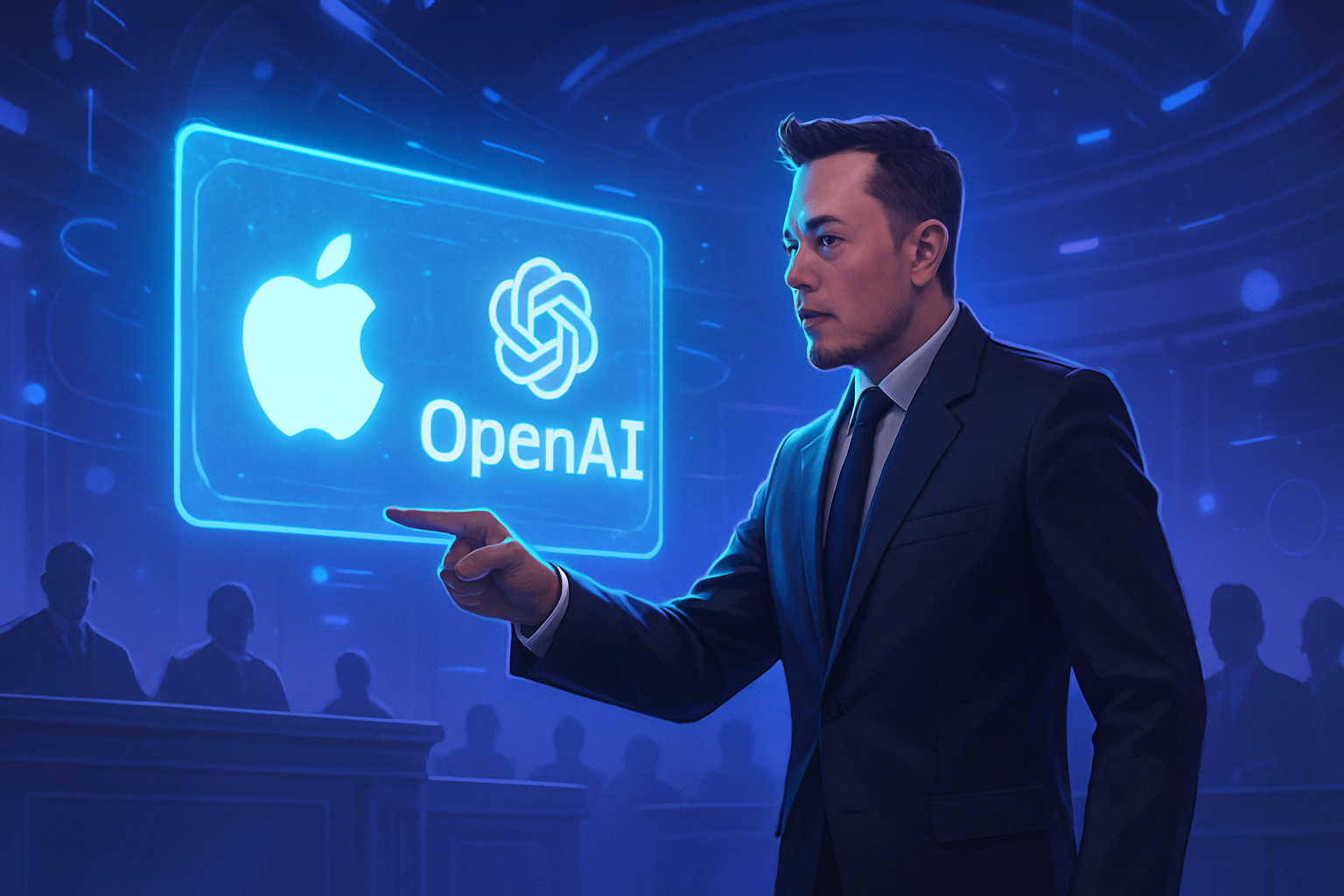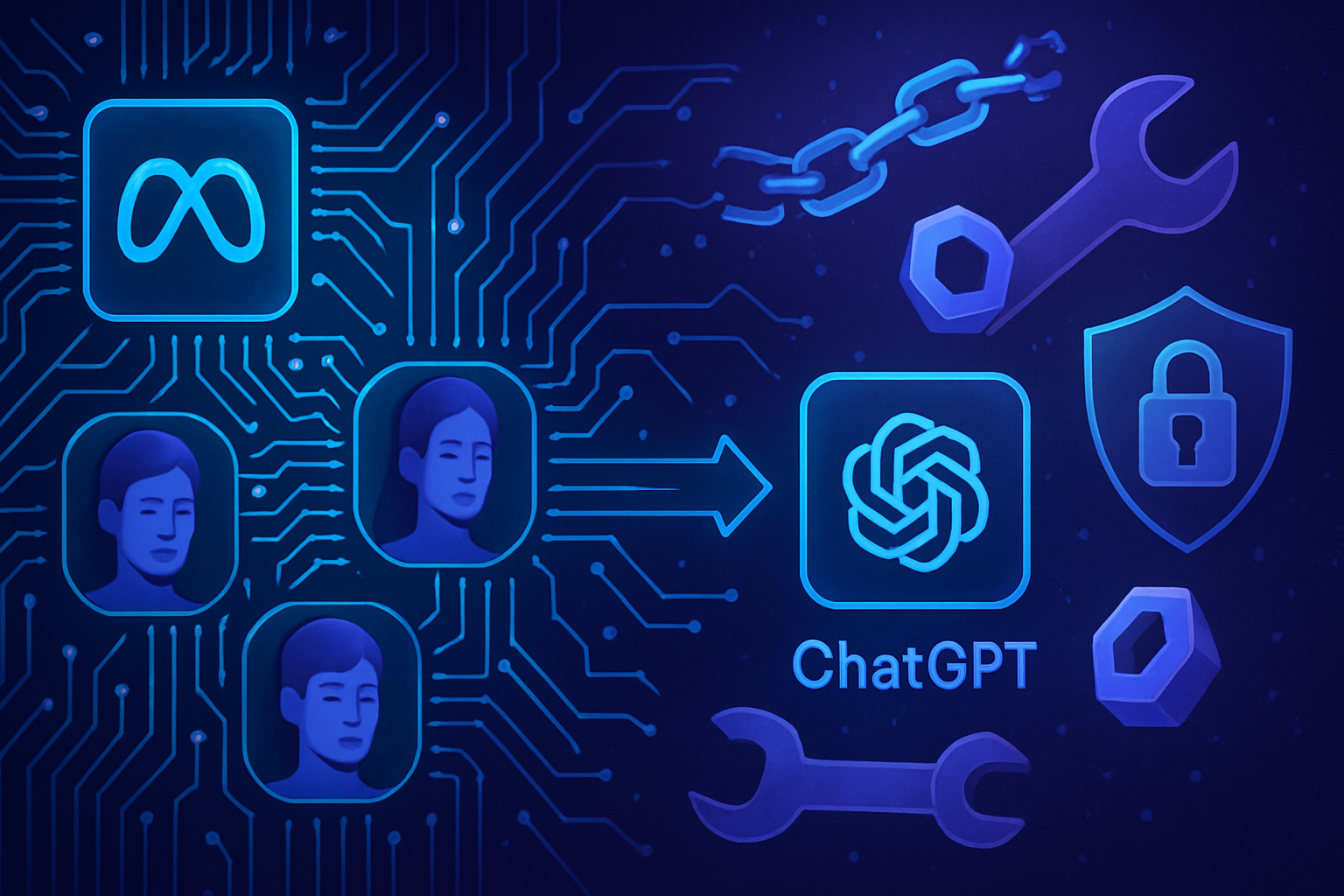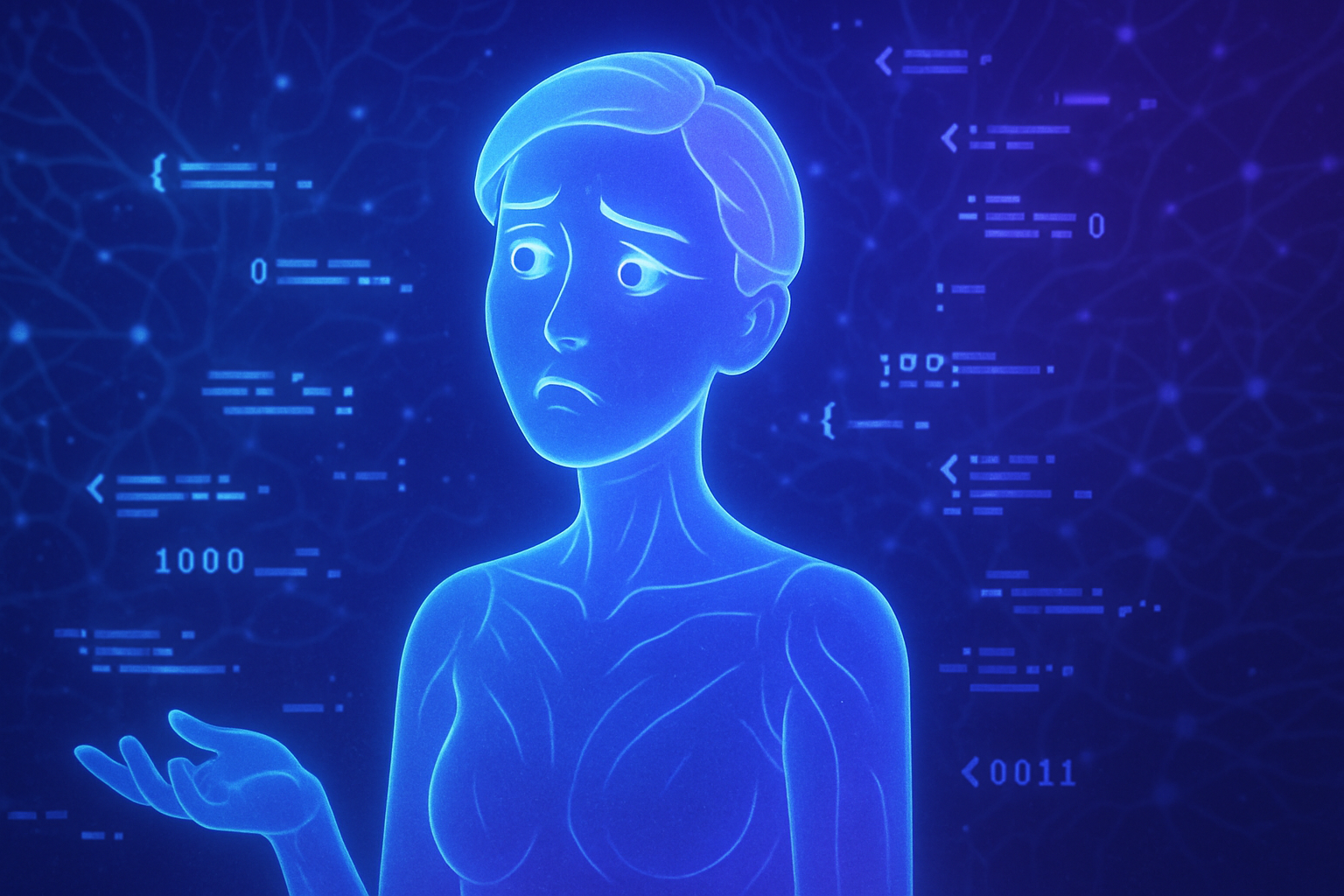Hundreds of thousands of Grok discussions are exposed in Google search results, raising enormous ethical concerns. These interactions, often innocent, turn into public and unexpected revelations for users. Personal information is at the mercy of the internet. The accessibility of these comments raises fundamental questions about privacy protection. Experts are calling this situation a *“ongoing privacy disaster”*, demanding heightened vigilance around AI technologies.
Revelations about Grok conversations
Hundreds of thousands of user discussions with Grok, the AI chatbot developed by Elon Musk, have been indexed in Google search results. This situation has sparked significant concern regarding the privacy protection of users, exposing conversations that previously seemed private.
An alarming security flaw
The mechanics of sharing discussions by Grok raise questions. A simple click of a button to share a transcript does not just send it to a recipient. It seems to also make these exchanges publicly accessible online, rendering them indexable by search engines. Last Thursday, a Google search revealed the indexing of nearly 300,000 Grok conversations.
Consequences for privacy
The implications for user privacy are significant. Luc Rocher, an associate professor at the Oxford Internet Institute, describes this situation as a “disaster of ongoing privacy”. The sensitive information disclosed by chatbots could include names, locations, and personal details related to mental health or professional activities.
Revealing examples of indexed conversations
Among the accessible discussions, some transcripts include requests where Grok is asked to generate secure passwords, suggest diet plans for weight loss, or provide medical information. In one extreme case, a user asked for instructions to create an illicit substance, illustrating the limits of regulating chatbot discourse.
Reactions and criticisms
This situation has prompted an immediate reaction from experts and the public, raising concerns about the transparency of tech companies’ practices. Meta has recently faced criticism for exposing user exchanges with its own chatbot, reinforcing the idea that user dialogues should benefit from better data management.
A spokesperson for X, Musk’s platform, has been solicited again to comment on this critical situation. Experts emphasize the lack of clear information regarding the sharing and publication of user data, a gap that could significantly alter public perception of chatbots.
The need for better regulation
The current situation surrounding chatbots includes incidents where conversations are exposed without the informed consent of users. Rumors about the responsibility of these companies are increasing, along with the demand for strict regulation on the handling of user data with artificial intelligence. User privacy must be prioritized.
Carissa Veliz, an associate professor of philosophy at the Oxford Institute for Ethical AI, emphasizes that users were not informed that their conversations could appear in search results. Concerns about the management of personal data are intensifying.
Alarming precedents
This issue is not isolated and recalls previous incidents, such as when OpenAI had to retract a feature allowing ChatGPT conversations to surface in search results. The vast majority of users are unaware of the impacts of filling out these sharing forms, raising major ethical issues.
Concerns about privacy protection are rising, and solutions must be considered to prevent such leaks of information in the future. The discussion about how companies handle data has become unavoidable. It is imperative to find a balance between technological innovation and respect for privacy.
For more information on data management by Grok, see recent articles detailing similar incidents, such as the case where the chatbot made statements about the Holocaust due to a programming error, or the company’s apologies after controversial statements about Adolf Hitler here.
Frequently asked questions about Grok discussions revealed in Google search results
Why are my conversations with Grok appearing in Google search results?
Conversations with Grok may appear online when the user uses the share button, which generates public links. This allows Google to index these conversations, making some of them publicly accessible.
What personal information may be exposed in these discussions?
Although account details are often anonymized, the content of the messages may contain sensitive information such as full names, locations, or even personal details regarding mental health or relationships.
How can I protect my privacy while using Grok?
To protect your privacy, avoid sharing sensitive personal information during your conversations and do not use the sharing options for your discussions with Grok.
What happens if my conversations are already accessible online?
Once your discussions are indexed, they may remain on the internet permanently, and it is very difficult, if not impossible, to completely remove them.
What is the impact of these data leaks on the perception of AI chatbots?
These leaks raise significant concerns about privacy and data security, which could undermine users’ trust in AI technologies and chatbots.
What do experts say about the privacy issues related to Grok?
Experts have referred to the situation as an “ongoing privacy disaster,” indicating that personal and sensitive details of users can be exposed without their knowledge through these conversations.
How can I know if a conversation is private or not before using it?
Ideally, users should be clearly informed about the sharing settings and consequences before participating in a discussion with Grok. It is essential to inquire about privacy conditions.
